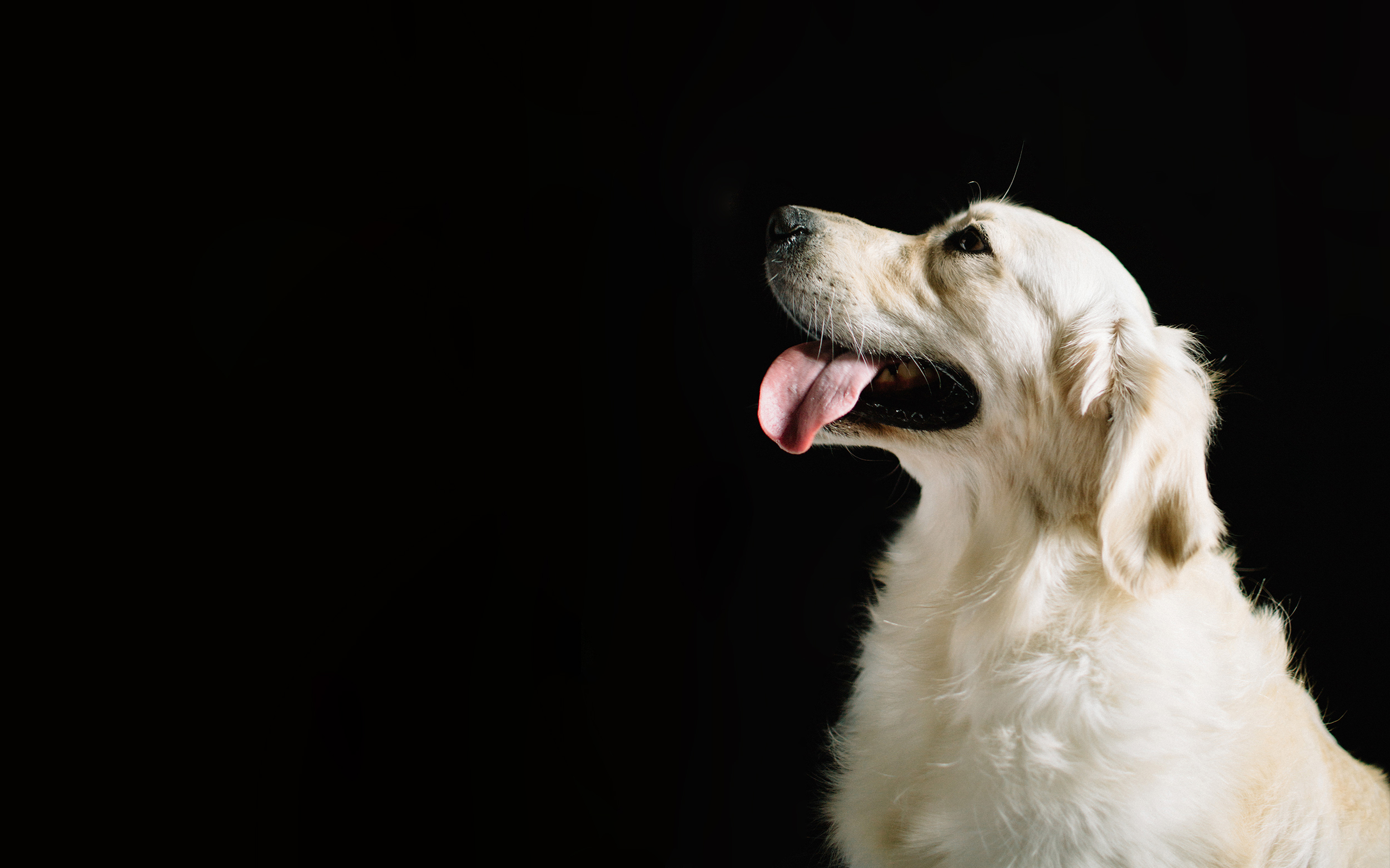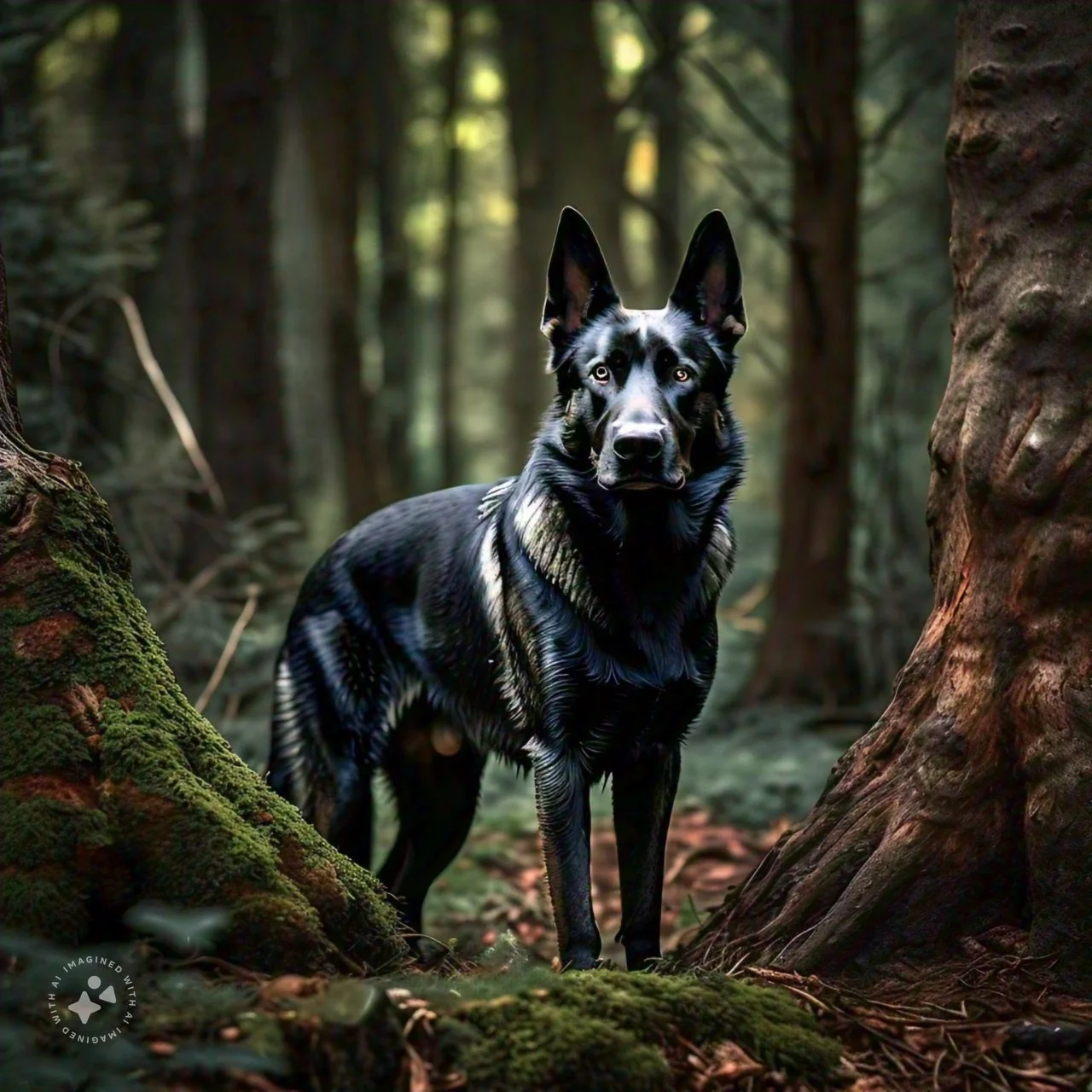
Cancer and bio-detection dogs can save human lives
Further evidence, research, and advocacy are required to bring these specially trained medical detection dogs into best practice. Learn more about these amazing medicine dogs and how you can help support the early detection of disease.
Meet the Medicine Dogs
-

Cleo
Brenda Richards, a 78-year-old woman from Derby, England, credits her Yorkshire terrier, Cleo, with saving her life by detecting a cancerous lump in her breast. In April 2019, Cleo exhibited unusual behavior, pawing at Brenda's chest, leading her to discover the lump. After a diagnosis and treatment, including chemotherapy and radiotherapy, Brenda was given the all-clear. She believes that Cleo's actions saved her life, as the lump may have gone undetected otherwise. Brenda is now urging women to prioritize their annual mammograms, emphasizing the importance of early detection. She is grateful to Cleo, saying, "My dog Cleo, my baby, saved my life without a doubt."
-

Paddy
Karin Gibson, a 62-year-old retired science teacher from Portsmouth, credits her Labrador, Paddy, with detecting her breast cancer. Paddy exhibited unusual behavior, such as pawing and nudging her breast, prompting Karin to visit her doctor. A biopsy and mammogram confirmed a small, invasive carcinoma in her right breast, which was detected extremely early. Karin believes Paddy's actions saved her life, and she is set to undergo surgery and radiotherapy. Cancer Research UK notes that some tumors produce molecules that can be detected by dogs' sensitive sense of smell, and a study is underway to explore whether trained dogs can detect prostate cancer. Karin is grateful to Paddy, saying, "I rescued him because he was abandoned as a puppy, and he's now rescued me."
-

Luna
Trisha Allison, a 50-year-old mother of two, credits her 2-year-old dog Luna with detecting her breast cancer early. Luna jumped on Trisha's chest, hitting her right breast, and wouldn't leave her alone, prompting Trisha to perform a self-exam and schedule a biopsy. She was diagnosed with cancer two weeks later and has since undergone treatment and surgery. Trisha praises Luna as her "little lifesaver" and emphasizes the importance of regular self-examination and screening mammograms. While Nottingham University Hospitals NHS Trust notes that dogs detecting cancer is not always reliable, Trisha believes that Luna's actions saved her life, especially given her dense breasts, which can make cancer detection more challenging.
-

Sierra
Stephanie Herfel, a woman from Wisconsin, credits her Siberian Husky, Sierra, with detecting her ovarian cancer multiple times. Sierra would sniff and nuzzle Stephanie's belly, indicating something was wrong. Each time, Stephanie followed up with a doctor's visit, leading to the diagnosis of stage 3 ovarian cancer. The cancer went into remission but returned three more times, with Sierra detecting it each time. A study by Experimental Biology found that dogs' sense of smell is 10,000 times more accurate than humans, with a 97% success rate in sniffing out cancer in blood samples. Stephanie's oncologist, Dr. David Kushner, believes Sierra was picking up on subtle changes in Stephanie's health.
-

Bowie
Shannen Doherty, the late actress known for her roles on “Beverly Hills 90210” and “Charmed”, credited her German Shepherd dog, Bowie, with sensing her cancer before her diagnosis in 2015.
Bowie would obsessively sniff Doherty's right side, where the cancer was later found. Doherty shared her experience with Entertainment Tonight in 2016, saying it made sense when she got diagnosed. Throughout her cancer journey, Bowie remained a loyal companion, providing comfort and emotional support during treatment and recovery. Their bond highlights the extraordinary ability of pets to sense changes in their owners' health, and credits Bowie as a true confidant and protector.
Doherty sadly passed away on July 13, 2024, surrounded by her loved ones, including Bowie.
-

Bela
Bela is a six pound deer head chihuahua who identified breast cancer in her guardian, Alexander Smoliak, in Spring 2023.
Bela first identified the medical diagnosis by continuously smelling, pawing and even jumping on the left side of his chest where the cancer was ultimately discovered. Bela’s persistence, over a period of several weeks, resulted in manual identification of a lump and referral by a general practitioner. Following an ultrasound, mammogram and biopsy, Alexander was diagnosed with stage 1 breast cancer and was successfully treated in July 2023. He was blessed with early detection and quick diagnostic testing, referral and treatment by a skilled surgeon and care team. Of course, he was also blessed with a “medicine dog”.
Collaboration leads to quicker advances in science.
Other organizations are working to bring dogs into the cancer screening process.
